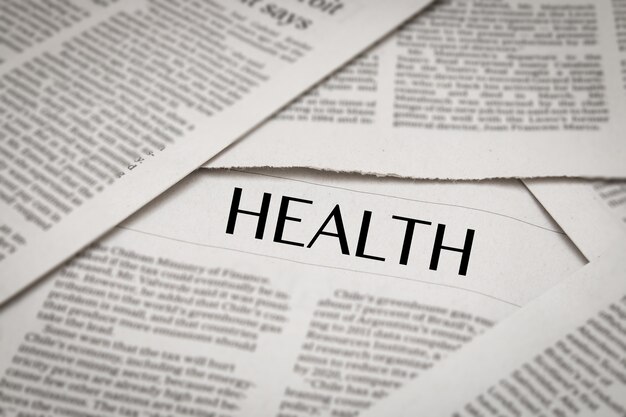As women age, especially those over 40, maintaining menstrual health becomes increasingly important. Changes in the body can lead to irregular periods, heavier flows, or even menopause symptoms. Understanding the connection between diet and menstrual health is crucial for women over 40. Consulting with the best obstetrics gynecologists in India can provide personalised guidance on managing these changes. In this article, we will explore diet secrets that can help manage menstrual health effectively.
Interesting Facts
- Omega-3 fatty acids, found in fish like salmon, can reduce menstrual pain.
- Vitamin D plays a crucial role in regulating menstrual cycles.
Common Menstrual Health Issues After 40:
Before making dietary changes, it's essential to understand the common menstrual health issues of women over 40. These can include:
- Irregular Periods: Hormonal changes can cause irregular cycles.
- Heavy Bleeding: Some women experience heavier menstrual flows.
- Menopause Symptoms: Hot flashes, night sweats, and mood swings are common.
- PMS (Premenstrual Syndrome): Symptoms like bloating, irritability, and fatigue may become more pronounced.
Benefits of a Healthy Diet on Menstrual Health:
Adopting a healthy diet can significantly improve menstrual health. Here are the benefits you might notice:
- Regular Cycles: Balanced hormones lead to more regular menstrual cycles.
- Reduced PMS Symptoms: Nutrient-rich foods can lessen the severity of PMS.
- Eased Menopause Symptoms: Certain foods can help manage menopause-related discomforts.
- Overall Well-being: A healthy diet boosts energy levels and improves mood.
How to Transition to a Menstrual Health-Friendly Diet:
Transitioning to a diet that supports menstrual health doesn’t have to be complicated. Here are some practical steps:
- Increase Intake of Leafy Greens: Spinach, kale, and broccoli are rich in iron and calcium.
- Incorporate Healthy Fats: Avocados, nuts, and seeds provide essential fatty acids.
- Consume Whole Grains: Oats, quinoa, and brown rice help stabilize blood sugar levels.
- Add Lean Proteins: Chicken, fish, and legumes support hormone production.
- Stay Hydrated: Drink plenty of water to help reduce bloating and maintain overall health.
Conclusion
In conclusion, women over 40 can significantly improve their menstrual health by adopting a balanced and nutritious diet. Have you considered how your diet might be affecting your menstrual health? Simple changes like incorporating leafy greens, healthy fats, whole grains, and lean proteins can make a substantial difference. Staying hydrated is equally important. By understanding the impact of diet on menstrual health and making informed food choices, women can enjoy better menstrual health and overall well-being. If you're experiencing persistent issues, consulting the best doctors for irregular periods treatment India can provide personalized medical advice and treatment. Take charge of your health today and see the positive changes that a healthy diet can bring.
FAQs:
Q1: Can diet really affect menstrual health?
Yes, diet plays a significant role in hormonal balance, which directly impacts menstrual health.
Q2: What foods should I avoid to maintain menstrual health?
Avoid processed foods, excessive caffeine, and sugary snacks, as they can exacerbate PMS and menopause symptoms.
Q3: How quickly can I see changes in my menstrual health after changing my diet?
Changes can vary, but many women notice improvements within a few menstrual cycles.





Comments